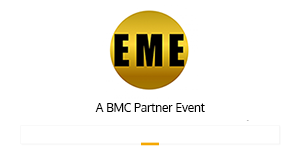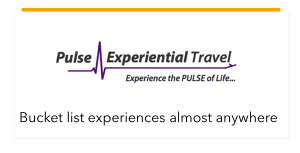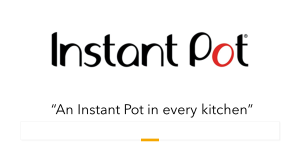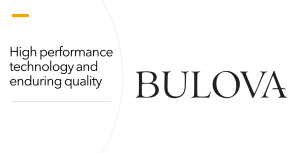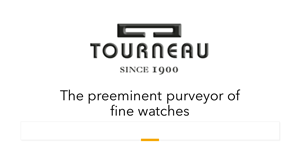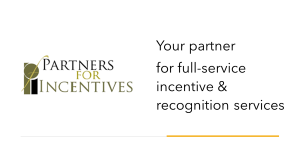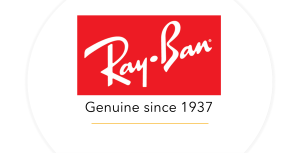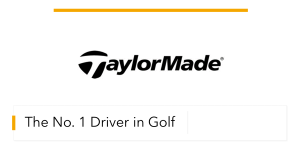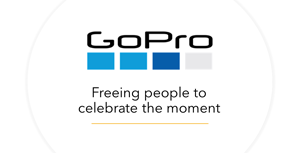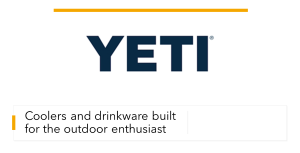IRF Report: IRR Industry Needs to Lean Into ESG
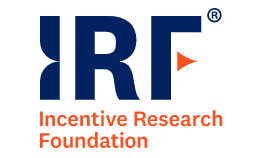 The issues of Environment, Social, and Governance (ESG) will have a significant impact on the meetings and incentive travel market and can be ignored only at the peril of the industry, according to this recent report published by the Incentive Research Foundation.
The issues of Environment, Social, and Governance (ESG) will have a significant impact on the meetings and incentive travel market and can be ignored only at the peril of the industry, according to this recent report published by the Incentive Research Foundation.Implications for the MICE FIELD (Meetings, Incentives, Conferences, and Exhibitions.)
More Talk Than Action?
“If firms do not yet have a sustainability strategy, they are urged to build a strategy and begin to find ways to live it in ways large and small. The Incentive, Rewards, and Recognition industry needs to lean into social responsibility and sustainability to reap the accompanying economic, reputational, and ethical benefits.” That’s a primary conclusion of the Incentive Research Foundation report Social Responsibility and Sustainability, written by Allan Schweyer, Co-Chief Researcher for the Incentive Research Foundation at TheIRF.org, and Adam Presslee, University of Waterloo, in participation with Destination Canada.
Editors note: The pressures for ESG reporting will only increase since the European Union released a new directive for human capital reporting by European companies and US companies operating in Europe with 500 employees or more. See ESM: New EU ESG Rules Likely to Affect Many US Companies.
Implications for the MICE FIELD (Meetings, Incentives, Conferences, and Exhibitions.)
According to the report, organizations increasingly “are offering employees’ sustainable rewards and benefits (SRBs) to further their goals and objectives. A 2017 survey of 500 US human resource or hiring managers found that 38% planned to offer their employees such SRBs – a 500% increase from a similar survey conducted in the previous year (7% of respondents). Examples of SRBs include charitable contributions on behalf of the employee and matching programs; the opportunity for employees to reward their co-workers, and the donation of employee work time to a charitable cause. While research examining the effects of SRBs on hiring, motivating, and retaining employees is in its infancy, human resource consultants and the popular press stress their efficacy, they note.
A detailed survey of 50 executives in various aspects of the incentive business found that 42% believe that incentives and rewards will play a large or great role in the social responsibility and sustainability movement; 29% somewhat; and 29% little to none. Of the respondents, 50% see a somewhat to large demand for more socially responsible rewards, such as fair-trade merchandise, Corporate Social Responsibility activities at events, diverse representation among event staff, demonstration of fair pay among venue and other supply chain staff.”
The report explains why ESG factors have gained traction in business.
In 2019, the authors write, 181 CEOs of America’s largest firms – all members of the influential Business Roundtable – signed an agreement committing their companies to serve all stakeholders – customers, employees, vendors, communities, and investors. In May 2021, the Securities and Exchange Commission (SEC) announced its intention to impose dramatically broader environmental, social and governance (ESG) disclosure requirements for publicly traded firms, after requiring public companies for the first time in 2020 to report on their human capital management practices to the extent considered material to their businesses.
The authors write, “Scarred and scared by the financial crisis, a seemingly endless string of corporate scandals, and ongoing dramatic evidence of climate change, public calls for greater corporate social responsibility and transparency have changed the corporate culture. Disconnects between stated values and observed behaviors or decisions can result in fast and furious damage on social media, in the workplace, and in the streets, resulting in lost customers and talent, boycotts, ruined reputations, and declining market value…Society is holding companies to account precisely because these issues are important and not going away. In fact, the emphasis is only likely to increase.”
They continue, “Under growing scrutiny and pressure from key stakeholders, and in the expectation of ‘doing well by doing right,’ businesses have begun to take the sustainability movement seriously. Momentum is gaining steam, especially among the world’s largest, publicly traded firms. For example, as of September 2021, 63% of the Fortune Global 500, companies have set 2050 targets for emissions reductions, and 47% have signed on to more ambitious 2030 targets. We expect this momentum to carry swiftly to smaller firms in the supply chain. Knowing that about 80% of their emissions come from their suppliers, more than one-third of the Fortune 500 have set Scope 3 emissions targets, in effect holding their partners responsible for their own emissions reductions.”
Investors, they write, have spoken as well. “A 2022 report from Deloitte predicts that ESG funds (designed to protect investors from damages wrought by a changing environment and/or social issues) will constitute more than half of all professionally managed assets worldwide by 2024. Perhaps most tellingly, more than two-thirds of S&P 500 firms now link C-Level compensation to progress against sustainability goals. Indeed, one of our research advisors, a corporate incentive and reward professional, told us that one-fifth of his annual bonus is tied to helping achieve corporate sustainability goals through his efforts in incentives and reward management.”
More Talk Than Action?
The meetings, incentives, and events activities of organizations may prove one of the pivotal drivers of change, they suggest. “Hotel guests, for example, are beginning to choose hotels based on their sustainability reputations. In December 2019 before the pandemic, 90% of MICE professionals agreed that an increasing focus on sustainability is key for the events industry and 97% planned to implement sustainability initiatives.”
On the other hand, “As of 2020, according to one of our expert interviewees, only 10% of the MICE industry had taken significant steps toward more sustainable meetings, incentives, and/or events. Moreover, several of the interviewees we spoke to expressed doubts about progress to date, including one who said: ‘There is today a lot more emphasis on limiting the use of plastics in hotels, for example, but I don’t see clients making choices over their venues based on how sustainable they are. Until that becomes common practice, I don’t see the fundamental changes happening that need to be made.’” Another told us that he ‘hasn’t yet seen reward earners protest a destination, means of travel, or otherwise’ for sustainability reasons. On the other hand, almost 80% of respondents report at least some pressure from clients to provide more sustainable options in meetings, events and incentive travel venues and transport.”
The survey responses also suggest that sustainability has its limits when it comes cost. “Each of the subject matter experts we interviewed for this study told us that sustainable practices are becoming more prevalent in RFPs and more important to clients, even if many clients back off the call for sustainable conditions in their RFPs when they see the implications, such as increased costs and compromises in the attractiveness of venues and rewards.”
Subscribe to RRN’s weekly e-newsletter.
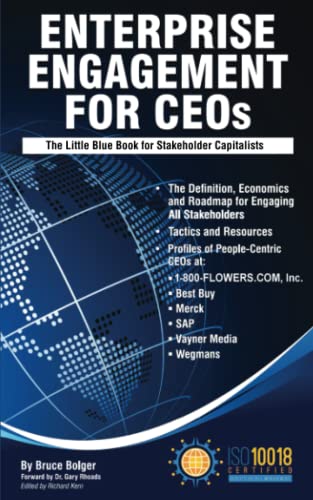 Profit From the “S” of Environmental, Social, Governance (ESG)
Profit From the “S” of Environmental, Social, Governance (ESG)Through education, media, business development, advisory services, and outreach, the Enterprise Engagement Alliance supports boards, business analysts, the C-suite, management in finance, marketing, sales, human resources and operations, etc., educators, students and engagement solution providers seeking a competitive advantage by implementing a strategic and systematic approach to stakeholder engagement across the enterprise. Click here for details on all EEA and RRN media services.
1. Professional Education on Stakeholder Management and Total Rewards
- Become part of the EEA as an individual, corporation, or solution provider to gain access to valuable learning, thought leadership, and marketing resources.
- The only education and certification program focusing on Stakeholder Engagement and Human Capital metrics and reporting, featuring seven members-only training videos that provide preparation for certification in Enterprise Engagement.
-
EEA books: Paid EEA participants receive Enterprise Engagement for CEOs: The Little Blue Book for People-
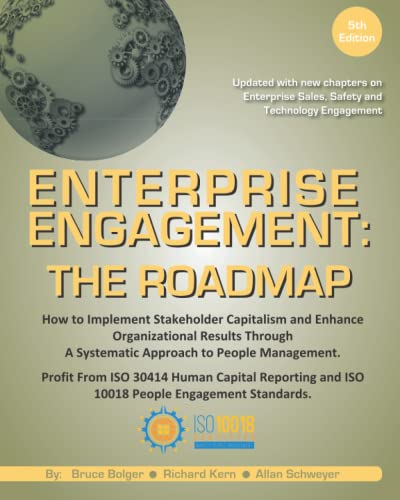 Centric Capitalists, a quick implementation guide for CEOs; Enterprise Engagement: The Roadmap 5th Edition implementation guide; a comprehensive textbook for practitioners, academics, and students, plus four books on theory and implementation from leaders in Stakeholder Management, Finance, Human Capital Management, and Culture.
Centric Capitalists, a quick implementation guide for CEOs; Enterprise Engagement: The Roadmap 5th Edition implementation guide; a comprehensive textbook for practitioners, academics, and students, plus four books on theory and implementation from leaders in Stakeholder Management, Finance, Human Capital Management, and Culture.
- ESM at EnterpriseEngagement.org, EEXAdvisors.com marketplace, ESM e–newsletters, and library.
- RRN at RewardsRecognitionNetwork.com; BrandMediaCoalition.com marketplace, RRN e-newsletters, and library.
- EEA YouTube Channel with over three dozen how-to and insight videos and growing with nearly 100 expert guests.
3. Fully Integrated Business Development for Engagement and Total Rewards
Strategic Business Development for Stakeholder Management and Total Rewards solution providers, including Integrated blog, social media, and e-newsletter campaigns managed by content marketing experts.
4. Advisory Services for Organizations
Stakeholder Management Business Plans; Human Capital Management, Metrics, and Reporting for organizations, including ISO human capital certifications, and services for solution providers.
5. Outreach in the US and Around the World on Stakeholder Management and Total Rewards
The EEA promotes a strategic approach to people management and total rewards through its e-newsletters, web sites, and social media reaching 20,000 professionals a month and through other activities, such as:
- Association of National Advertisers Brand Engagement 360 Knowledge Center to educate brands and agencies.
- The EEA Engagement widget to promote, track, and measure customers/employee referrals and suggestions that can be connected to any rewards or front-end program management technology.
- The Stakeholder Capitalism free insignia to promote a commitment to better business.
- The BMC Brand Club and transactional storefronts to educate corporate and agency buyers on the IRR market.
- The EME Gold program to educate the top 3% of promotional consultants on selling engagement and rewards services.


.jpg)



